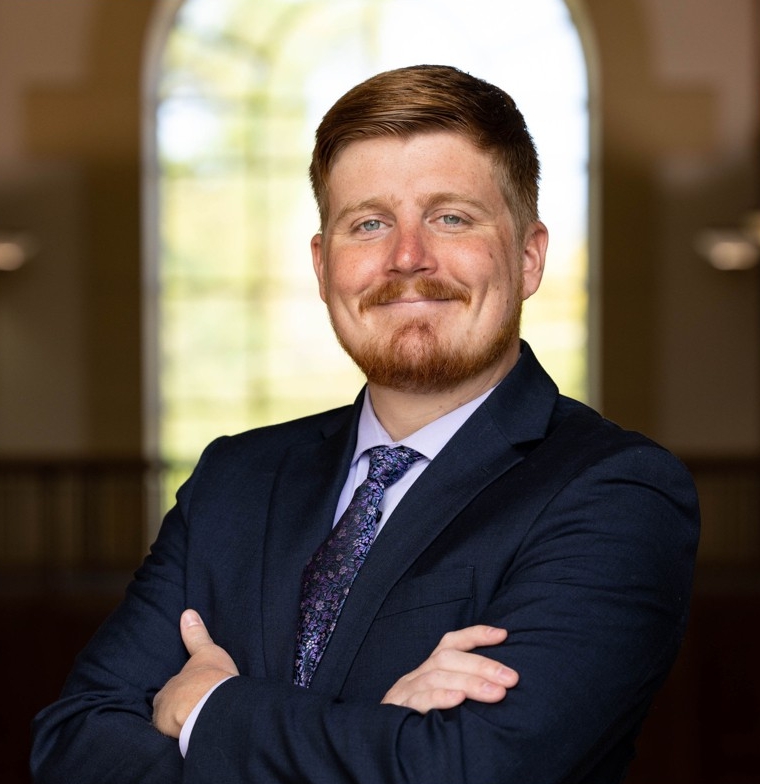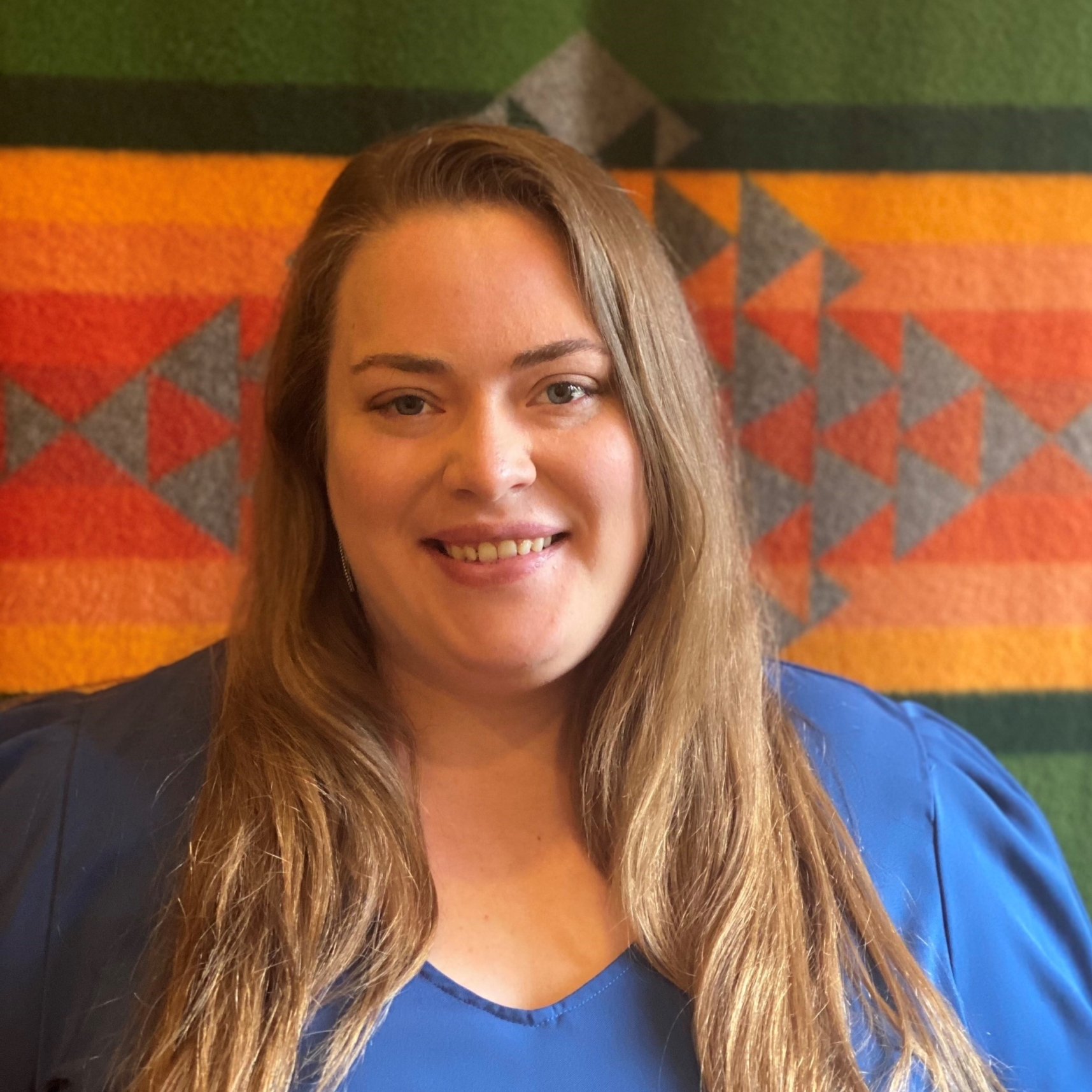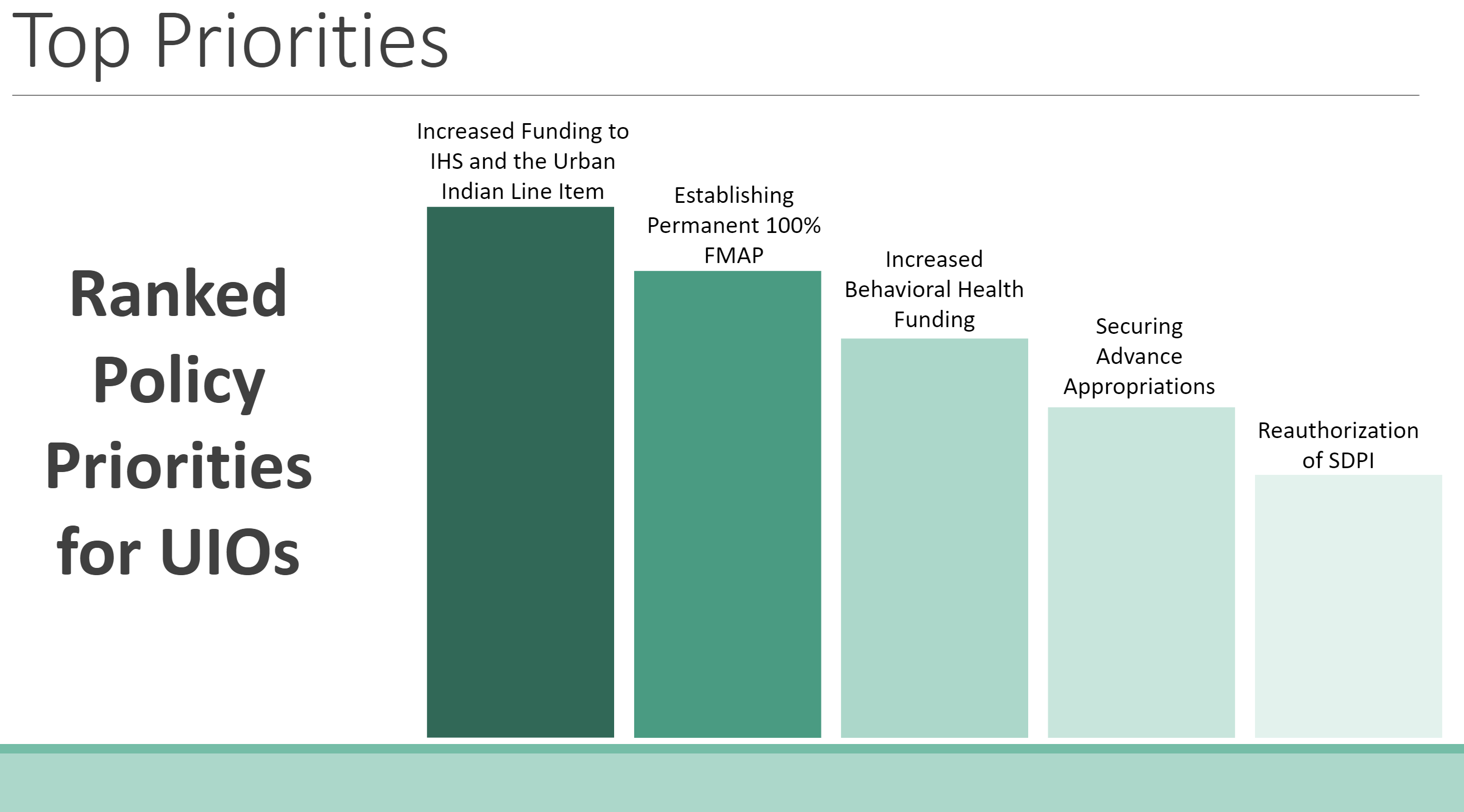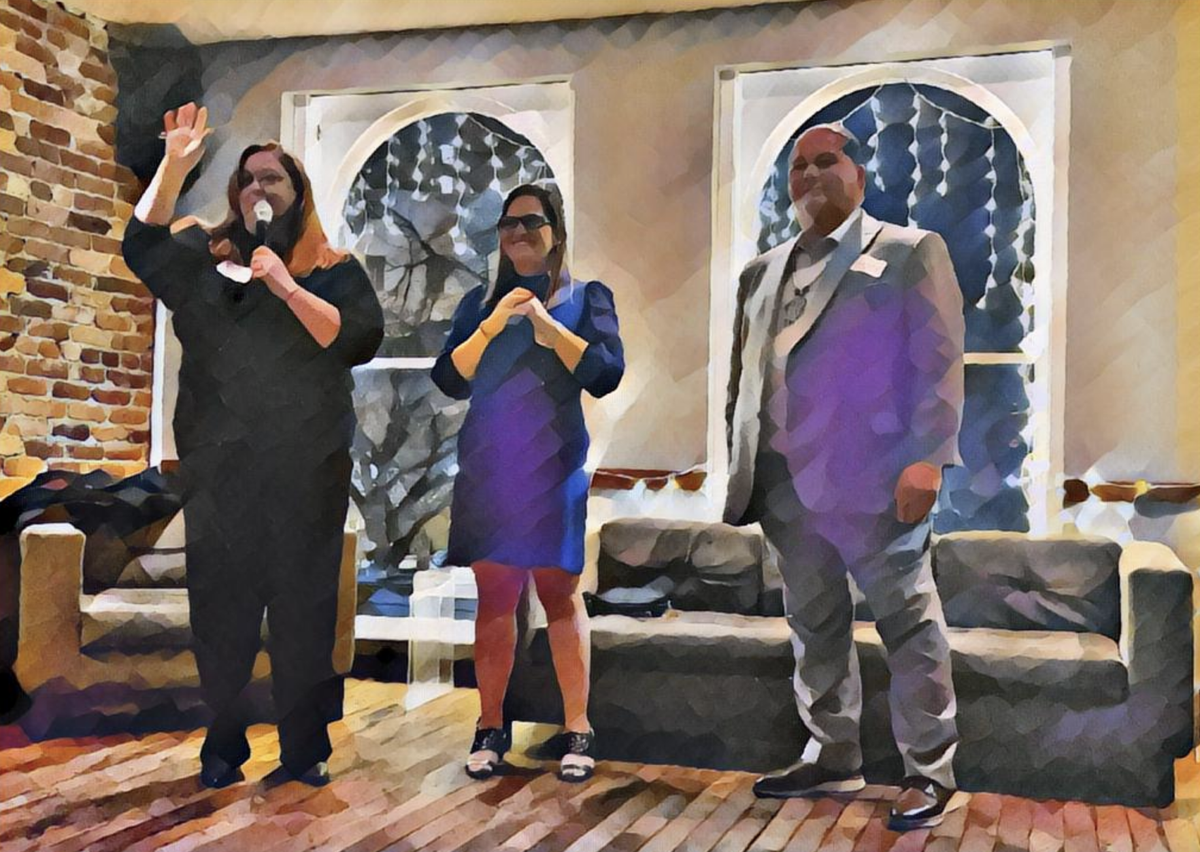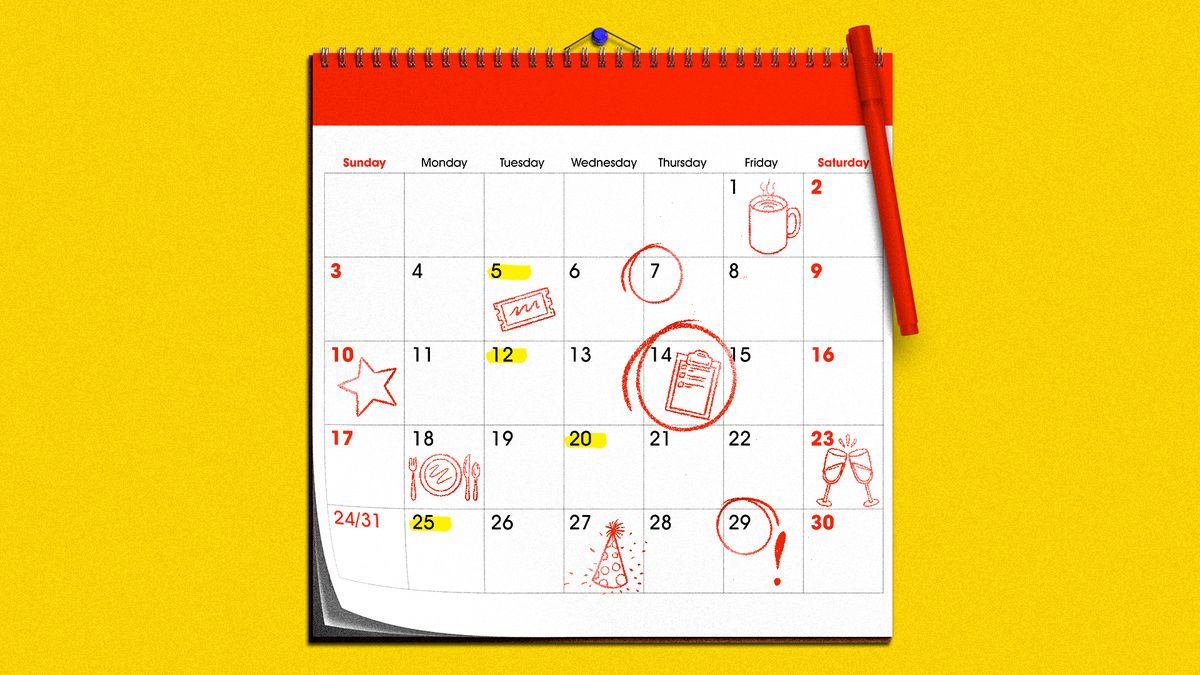NCUIH Advocacy Results in New Guidance from HHS on 100% FMAP for Urban Indian Organizations
On December 27, 2022, the Center for Medicaid Services (CMS) released a State Medicaid Director Letter (SMDL) #22-006: “Additional Guidance on Section 9815 of the American Rescue Plan Act of 2021.” The SMDL provides additional guidance to states on Section 9815 of the America Rescue Plan Act of 2021 (ARPA), which amended Section 1905(b) of the Social Security Act to set the federal medical assistance percentage (FMAP) for Medicaid services provided at Urban Indian Organizations (UIOs) at 100% for eight fiscal quarters, starting on April 1, 2021. The National Council of Urban Indian Health (NCUIH) and UIO advocacy efforts helped secure the inclusion of Section 9815 in the ARPA, and NCUIH has called on the Administration to provide guidance to states to ensure this provision is implemented in the way intended by Congress. ARPA Section 9815’s 100% FMAP UIO extension ends on March 31, 2023, and UIOs have generally have not seen the benefit of the provision that was intended to increase resources for Indian healthcare providers.
Overview of Additional Guidance provided in SMD #22-006:
The guidance reiterates prior guidance issued by CMS, and invites individual State Medicaid Directors to reach out to CMS for additional information or guidance on implementing ARPA Section 9815. Below is a brief overview of the additional guidance relating to UIOs provided by SMD #22-006. The SMD:
- Reiterates that CMS interprets ARPA’s 100% FMAP UIO extension to apply to Medicaid services received by all Medicaid beneficiaries through UIOs with a grant or contract with the Indian Health Service (IHS) under title V of the Indian Health Care Improvement Act
- Provides that 100% FMAP is available for state expenditures on Medicaid services provided by a non-UIO provider but furnished under a qualifying care coordination agreement with UIOs for the ARPA period.
- Reiterates that states have the discretion to set and adjust Medicaid provider payment rates if the state payment rates are consistent with efficiency, economy, and quality of care and are sufficient to enlist enough providers so that care and services are available under the state plan at least to the extent that such care and services are available to the general population in the geographic area. (42 U.S.C. 1396a(a)(30)(A))
- Reiterates that states must comply with the provisions of section 1902(bb) of the Act when setting Medicaid payment rates for Federally Qualified Health Center (FQHC) services that are furnished by FQHCs.
- Provides that CMS is available to provide technical assistance to states that believe adjusting their reimbursement rates to UIOs, Centers, or Systems is appropriate.
- Encourages states needing technical assistance to contact their CMS state lead, and UIOs, Centers, and Systems needing technical assistance to contact their CMS Native American Contact.
ARPA Section 9815’s UIO 100% FMAP extension expires on March 31, which is less than two months away. NCUIH is continuing policy work to ensure that UIOs can benefit from this Section as was intended by Congress. NCUIH also is continuing efforts to secure permanent 100% FMAP for UIOs.

